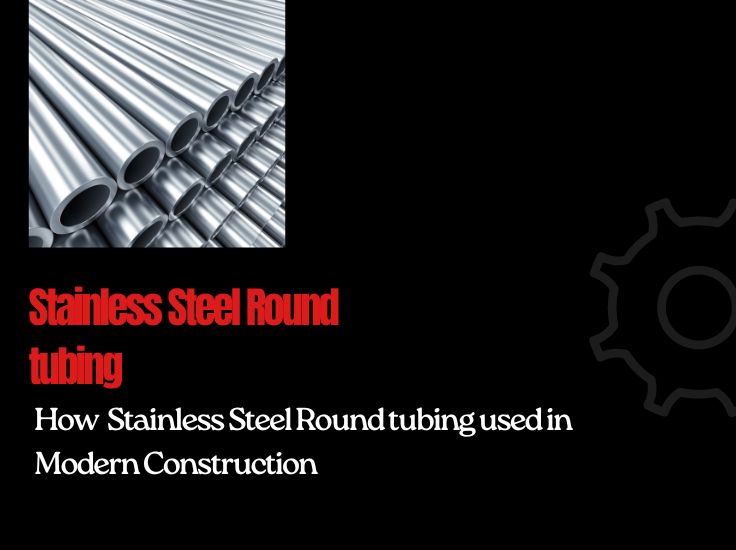In contemporary construction, the choice of materials is pivotal, defining both innovation and longevity in structures that showcase human creativity. Amidst the myriad options, Stainless Steel Round Tubing emerges as a versatile solution, combining strength, flexibility, and eco-friendliness essential for today’s building ventures. This blog explores the diverse advantages and uses of Stainless-Steel Rectangle Tubing, highlighting its versatility, durability, and significant impact on urban development.
Introduction to Round Tubing
Round tubing, a cylindrical hollow section, embodies the epitome of strength and adaptability. Manufactured from stainless steel—an alloy celebrated for its corrosion resistance and longevity round tubing serves as a versatile component in construction projects. Its rounded shape facilitates myriad applications, from structural supports to decorative elements, offering architects and engineers a canvas for creative expression.
Advantages Beyond Measure
Durability: The hallmark of round tubing lies in its unparalleled durability, ensuring structures withstand the tests of time and environment. With high tensile strength, round tubing supports heavy loads and endures harsh conditions without compromise, making it indispensable in projects demanding longevity and resilience.
Corrosion Resistance: Round tubing’s resistance to corrosion is a game-changer, especially in applications prone to moisture and chemicals. This inherent property ensures structures maintain integrity over time, minimizing maintenance costs and extending lifespan, even in challenging environments.
Versatility: Round tubing’s adaptability knows no bounds. Its malleability and compatibility with various fabrication techniques allow architects and designers to bring visions to life with ease. Whether utilized in structural elements or ornate designs, round tubing offers endless possibilities for creative exploration.
Aesthetic Appeal: Beyond its functional benefits, round tubing enhances the aesthetic appeal of structures. Its sleek surface finish and modern appearance elevate architectural designs, adding sophistication and style to urban landscapes.
Applications Across Industries
Round tubing finds application across diverse industries, including:
Architectural: From balus trades to canopies, round tubing lends itself to architectural masterpieces, blending functionality with elegance.
Construction: Round tubing serves as Pillar of strength in construction, supporting everything from beams to trusses with unwavering durability.
Transportation: In the transportation sector, round tubing forms the backbone of vehicles, providing structural integrity and reliability in demanding environments.
Industrial: Industrial applications benefit from round tubing’s resistance to corrosion and high temperatures, making it ideal for piping, storage, and processing equipment.
Medical: In the medical field, round tubing finds use in surgical instruments and diagnostic equipment, offering biocompatibility and reliability.
The Role of Tailored Solutions
Customization through tailored solutions enhances the efficacy of round tubing in construction projects. Cut-to-length services ensure precise fitting, minimizing waste and optimizing efficiency. Whether standard lengths or bespoke dimensions are required, tailored solutions streamline the construction process, delivering optimal results.
Sustainability at its Core
Round tubing embodies sustainability through durability and recyclability. Its longevity reduces the need for replacements, minimizing waste and conserving resources. As a fully recyclable material, round tubing aligns with eco-conscious construction practices, offering a sustainable solution for the future.
Conclusion
In conclusion, round tubing stands as a versatile, durable, and sustainable material that underpins modern construction. Its myriad benefits, from strength and adaptability to aesthetic appeal and environmental sustainability, make it indispensable in a wide range of applications. As construction practices evolve and sustainability takes center stage, round tubing remains a steadfast choice for architects, engineers, and developers shaping the cities of tomorrow.
